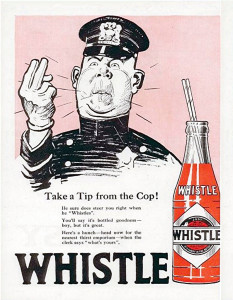Optimism is vastly misunderstood because we confuse correlation with causation.
This happens all the time: I’m on my way somewhere, whistling, humming, singing, skipping. Someone sees me, offers a variation on “it must be great to be happy” or “I guess someone’s feeling optimistic.” I usually say, “it beats the alternative” and keep moving.
Generally, when this happens, I have at least 5 more projects going than I would rather be working on. My day is usually over-programmed by a factor of 25-50%. On average, in 4-12 business hours, I will get an irate email that jumps to conclusions that should have been a phone call asking clarifying questions. This is the reality of most large organizations. Should I really be so happy?
My real, longer answer is a bit different from “it beats the alternative”.
I came to understand, about 25 years ago, reading David Burns’ seminal book, “Feeling Good,” that mood is influenced by cognitive decisions and behavior. My behavior doesn’t indicate that I am happy; it makes me happy. I take certain actions – humming, joking, running, taking time to help others – that improve my thoughts, which improve my mood, which buffers the stress, which initiates a virtuous cycle of being better at my work, which makes me happier and more optimistic.
When folks see me whistling, they are confused about causation. They assume the whistling is a product of happiness and optimism. No. The activity creates the happiness and optimism.
I have an ongoing conversation with several of my friends and coworkers about optimism. Part of it goes like this. Optimism is not an assumption that the world is a wonderful, stress free zone where rainbows and unicorns make everything super perky. That is fake optimism and I have never had much use for fakery.
Real optimism is when you actually do understand that the world is a difficult place; that all the scary things that you worry about really can happen; that everything you try might not actually work. The difference: you choose to never give up. You choose never to quit. And you choose to take steps to make things better despite the odds being stacked against you, despite life being brutish and short.
I think we need more of that kind of optimism. That’s how things get done. That’s how we engage employees. That’s how we succeed. That’s how we make things change at work and in our personal lives. That’s what initiates the virtuous cycle.
